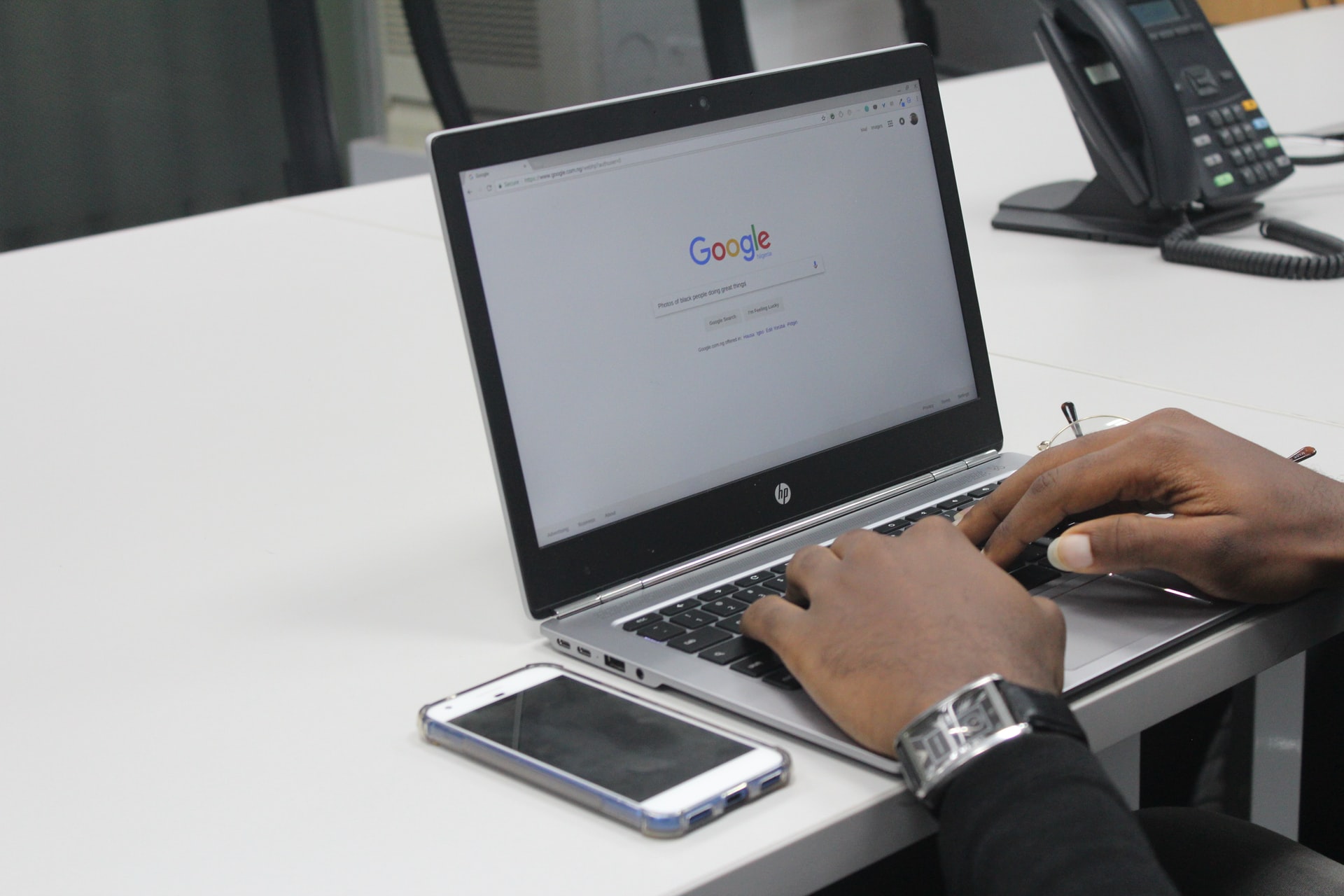Whether you’re heading for a job interview or meeting someone for a date for the first time, it’s very likely that your name and social media presence will be searched for online.
Business leaders who are looking for a great addition to their team will do online research on a candidate. Likewise, many people also check out online information about potential mates as a way to learn more about them and to protect themselves.
As a matter of fact, you often leave an impression on people even before you meet them! So, it’s a good idea to play an active role in shaping how you appear to people online. This is not a new concept. It’s known as self-branding or building a personal brand.
What self-branding means
Although the term branding has connotations of high-level designing and marketing activities, it’s quite simple when it comes to individuals. Self-branding is about how you present yourself online. You deliberately and creatively provide information that helps potential bosses and other people learn more about you. It’s a way to create a positive impression of yourself even when you haven’t met the other person.
How to make a positive impression online
Let’s look at practical ways to shape your online presence so that people feel like they know something about you before they even meet you in person.
Fill in as many details as you can on social media
Nearly everyone who has a phone or a computer has a social media presence. However, not all people use them effectively.
Platforms like Facebook have several sections where you can fill in interesting information about yourself. However, I suggest that you avoid highly personal information regarding politics and beliefs. Instead, focus on music, hobbies, favorite places, and other information that helps with small talk. Here are other types of content you can add:
- Include your work experiences and internships
- Add professional headshots to your profile especially on LinkedIn so that viewers see that you know how to present yourself in a professional setting
- Add several images relating to work, professional events attended, places traveled, and hobbies
- Include certifications for skills that you worked on
- Add participation details about events you’ve attended
Adding such details created a rounded view of who you are. Please remember that discretion matters and if you’re uncomfortable or uncertain about what to share, then avoid posting it online.
Write a blog
The written word still matters even though we largely communicate with images these days. A shift towards image and video communication is due to the rise of social media and the smartphone.
So much so, that your ability to communicate through writing can make you stand out. It’s a good idea to create a blog or at least post articles on hosted platforms. You can create articles on Medium, LinkedIn, and even Facebook too.
Writing a blog post allows other people to learn more about your expertise in a subject matter. When you create helpful content, it also showcases your values. These are just some of the reasons that building content online helps. At the very least, making a post or an article tells people that you’re real and put in the effort to make content.
Avoid content that creates a poor impression
One important step that many people miss is not creating content that’s inappropriate. One of the most important skills an adult can possess is to take context into consideration. Not every aspect of your personal life needs to be shared with the world at large. And having discretion and common sense to share the right things can make you a valuable asset to many businesses.
A general guideline to help you decide whether to share something online is to ask whether you’d be comfortable saying the same things to your child or grandparent. If you aren’t then you may want to hold back from posting certain pictures or writing a comment.
It’s important to take your work and personal life into consideration when you build your online presence. Based on your personal and professional goals, you’ll know what kind of information you want to share.
Conclusion
Having an online presence is so normalized today that not having a social media presence can send up red flags to people and businesses. Whether you are active on social media or not, it’s important to take control of your virtual ‘brand’.
You can do this by deliberately creating content such as social media posts and blogs. And you also build a positive reputation by avoiding specific content.
Use the tips given in this post to think about your own online presence. With some time and effort, you’ll be able to shape your online presence to boost your career and connect with people like you on a personal level too.


